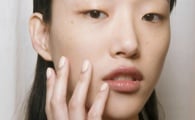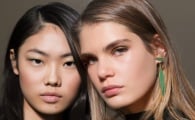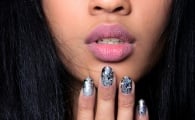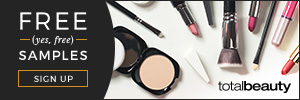Makeup
Here's Why the EU Ecolabel Should Be Your New Beauty StandardCompliance and consciousness in action |
In recent times, where self-care and wellness have taken center stage, people are more concerned than ever about the products they use on their skin and hair. With growing awareness of the potential health risks associated with certain ingredients and formulations, the demand for beauty and skincare brands that prioritize safety and regulatory compliance has reached a new high.
From the rise of clean beauty movements to heightened scrutiny of ingredient lists, users are changing their beauty routines and looking for brands that share their values of safety, efficacy, and transparency. In this changing environment, regulatory compliance has grown as an essential component of consumer trust, with shoppers going after brands that not only deliver results but also comply with the high criteria set out by governing bodies like the European Union.
But what exactly does it mean for a brand to be EU compliant? Basically, it involves complying to some of the world's most stringent safety and quality requirements. Unlike in the United States, where rules may be more relaxed, EU compliance entails thorough testing, transparency, and promising that products are free of over 1,300 prohibited elements. While the EU has prohibited or restricted the use of some parabens and phthalates, these substances are nevertheless widely used in many US products. This means that EU-compliant producers frequently go above and above to deliver safer, more effective products, providing customers peace of mind and healthier alternatives.
Image via Honest Beauty
SEE NEXT PAGE: EU's Bold Move in Cosmetic Regulations
From the rise of clean beauty movements to heightened scrutiny of ingredient lists, users are changing their beauty routines and looking for brands that share their values of safety, efficacy, and transparency. In this changing environment, regulatory compliance has grown as an essential component of consumer trust, with shoppers going after brands that not only deliver results but also comply with the high criteria set out by governing bodies like the European Union.
But what exactly does it mean for a brand to be EU compliant? Basically, it involves complying to some of the world's most stringent safety and quality requirements. Unlike in the United States, where rules may be more relaxed, EU compliance entails thorough testing, transparency, and promising that products are free of over 1,300 prohibited elements. While the EU has prohibited or restricted the use of some parabens and phthalates, these substances are nevertheless widely used in many US products. This means that EU-compliant producers frequently go above and above to deliver safer, more effective products, providing customers peace of mind and healthier alternatives.
Image via Honest Beauty
SEE NEXT PAGE: EU's Bold Move in Cosmetic Regulations







































